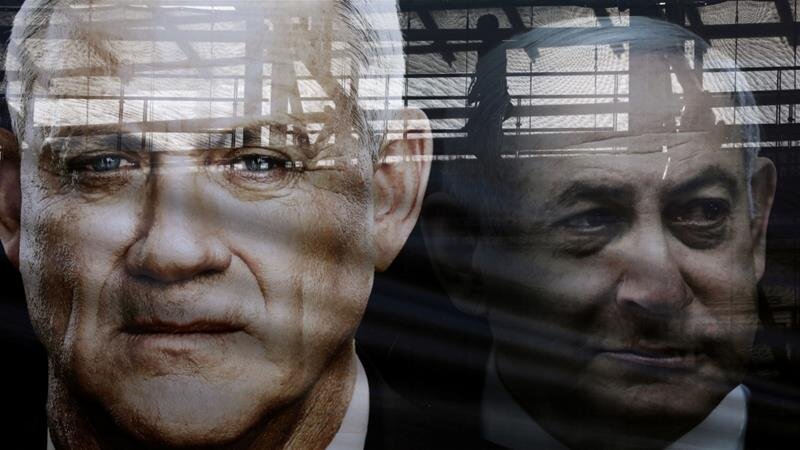
COVID-19 pandemic can hit Israeli regime harder than expected

Adnan Abu Amer, the head of the Political Science Department at the University of the Ummah in Gaza, underlined in his article published by the Middle East Monitor that Israel is possibly one of the few regimes in the world that carries out regular military and security drills to check its readiness to face threats and challenges, including natural disasters and epidemics. Nevertheless, its performance so far in the face of the coronavirus crisis has been disappointing; its health sector was simply not prepared enough.
A full month and more after the virus was detected in Israel, with the health and economic crises continue to get worse, the more obvious it becomes that the state lacks a single authority to manage the economy and other sectors in such an emergency. This is dangerous, as there seems to be no coordination between government agencies, which exacerbates the problems. Moreover, there was no need for Prime Minister Benjamin Netanyahu to appear every night to present the latest developments in the virus crisis and task the Mossad spy agency with obtaining respirators.
The problems that the regime is experiencing could be solved by having an emergency command room that operates according to recommendations from the Prime Minister and his cabinet. Netanyahu, though, seems to be doing this on his own, which is less than satisfactory.
Israel’s management of the crisis has been confused from the beginning, revealing a lot of finger-pointing and power-play between different ministries. The Ministries of Finance and Health can’t agree, while Defense argues about buying more ventilators, to the chagrin of Health officials, whose task this is.
The regime has closed educational institutions and businesses and income levels are down. The virus poses a challenge to citizens in terms of their personal, social and national security. The number of infected Israelis who need to be quarantined increases daily, as unemployment also rises along with inflation; growth indicators decline alongside the fact that there is no general budget in operation due to the absence of stable government.
The Israeli economy — as with others — is also being hit by the collapse of global markets and exports, a reduced workforce and, importantly, the fall in the number of tourists as flights are canceled and non-essential journeys are as good as banned.
Army support for civilians will focus on the food supply chain, the provision and delivery of medicine, and helping the elderly and those with special needs. This support might be cut if security threats require army personnel to be re-deployed. In such a scenario, the police will only have access to a small number of army officers to help enforce anti-virus measures. At this point, there are no plans to use army reserves to help the police. Regular soldiers from the Israel Defense Forces are on duty for the time being.
If the virus spreads within army ranks, the IDF’s ability to defend could be curtailed to a serious degree. Already, senior officers have imposed a quarantine on around 4,000 personnel, including many of their own seniority. No soldier is being allowed to travel abroad for at least 30 days.
International travel bans will have an obvious effect on Israel’s ability to gather intelligence in the field. This increases concerns about security as Mossad agents and their contacts are limited by lockdowns in what they can do, and will not be immune to contracting the virus.
Netanyahu's decision to involve Mossad and other agencies to curb the virus is a concern for many. Their movements are now being tracked around the clock. Netanyahu has authorized security agencies to have access to mobile telephone data; they can record calls made, and read emails and WhatsApp chats. The citizens complain about this invasion of their privacy but the Prime Minister has made such decisions without the approval of monitoring bodies.
The COVID-19 crisis is hitting Israel harder than another place due to its military operations and it's ongoing — and very costly — occupation and blockade of the Palestinian territories. Any significant reduction in its economic, military and intelligence-gathering capabilities due to the coronavirus could have serious long-term effects.
As of April 14, a sum of 11,868 people in the occupied territories tested positive for the coronavirus; 117 people died. In the West Bank, 255 cases were diagnosed so far. Two died. In Gaza, 13 cases were diagnosed.
Source: TehranTimes















